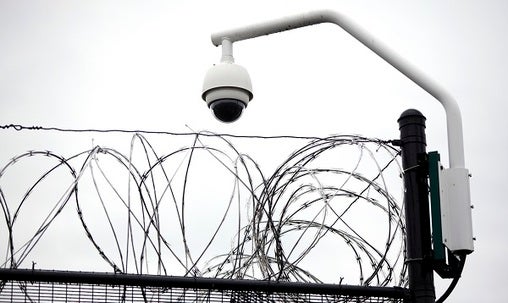The trial over Pa.’s prison mail policy may be heading toward a settlement
The unprecedented security measures at the center of this trial involved giving inmates photocopies of their mail, while the prison temporarily stored the originals.

Pennsylvania's corrections system tightened its legal mail security in September. The ACLU and other civil rights groups are trying to prove the move wasn't warranted. (Carolyn Kaster/AP Photo)
Planned testimony has been halted in a federal case contesting the legal mail policy used in Pennsylvania’s prisons.
Instead, lawyers for the American Civil Liberties Union and other groups bringing the case say they’re likely headed toward a settlement.
The second day of the federal trial Thursday was supposed to focus on whether state Corrections Department officials could justify launching a raft of new — in some cases unprecedented — security measures.
The one at the center of this trial involved giving inmates photocopies of their mail, while the prison temporarily stored the originals in secure containers.
Inmates’ legal mail is supposed to be confidential. The ACLU, Pennsylvania Institutional Law Project, Abolitionist Law Center, and Amistad Law Project are all arguing the DOC’s updated policy gives prison staff too many opportunities to view sensitive material — even by accident during the copying process.
Thursday’s planned witnesses included prison staff who say they were sickened by synthetic drugs smuggled into the facilities — the reason the DOC says it boosted security in the first place.
Legal experts were also slated to testify on behalf of the plaintiffs, and were expected to argue that photocopying mail creates an unreasonable security risk.
But no one took the stand. Instead, lawyers for the state and the inmates’ rights groups spent the day behind closed doors, hammering out an agreement.
Judge John E. Jones closed the session by saying lawyers for the two sides are working toward an agreement, and that their “spirited collaboration” is “heartening.”
He gave them a maximum of two weeks to settle.
An attorney for the ACLU said they’re expecting to have news about a settlement early Friday.
WHYY is your source for fact-based, in-depth journalism and information. As a nonprofit organization, we rely on financial support from readers like you. Please give today.






